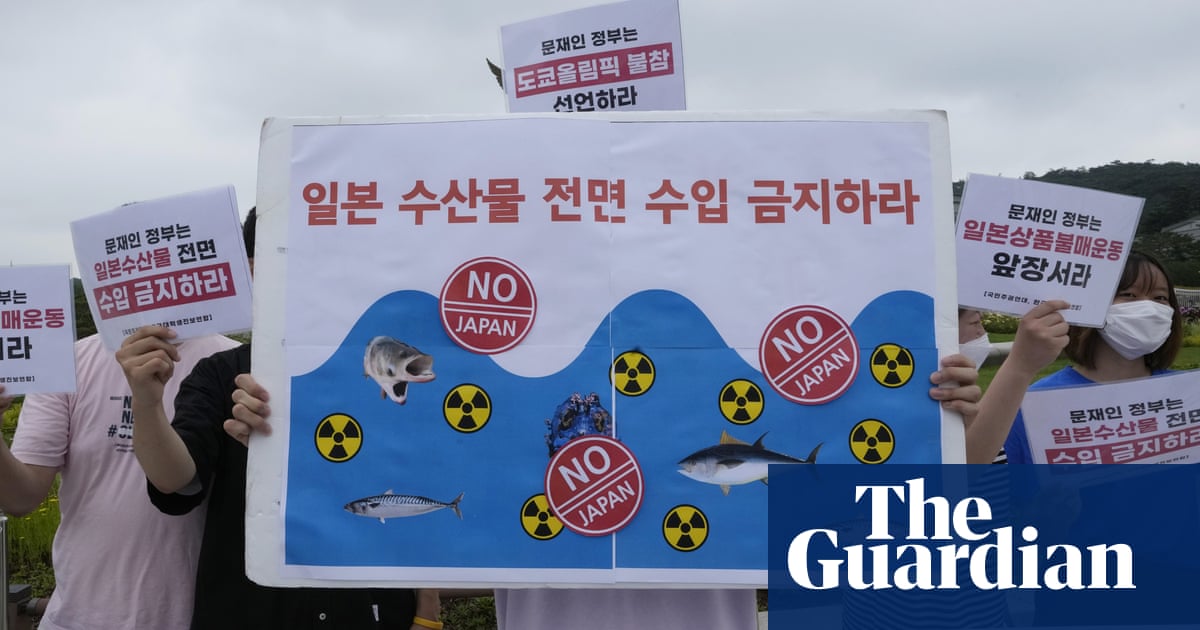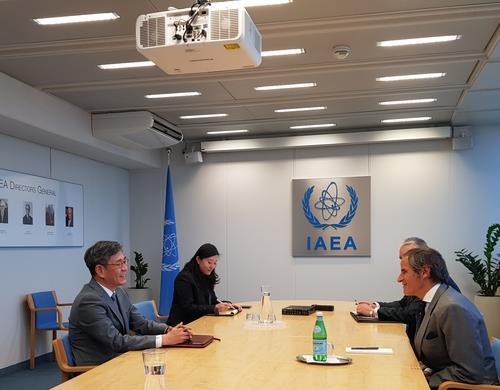The Facts
The Japanese government said on Friday that it could release treated water from the damaged Fukushima nuclear power plant into the Pacific Ocean sometime in the coming spring or summer.
According to the revised policy, the government will also support fishermen in Fukushima and nearby prefectures to fight potential reputational damage resulting from the water release through a $385M fund.
The Spin
Establishment-critical narrative
The Japanese government's decision to contaminate the ocean with large volumes of radioactive waste violates the legal obligations of the United Nations Convention on the Law of the Sea. By turning its back on the clear evidence that the "treated water" still contains harmful radionuclides, Japan has deliberately put marine and human life at risk of radiation exposure.
Pro-establishment narrative
The ocean release of Fukushima water is the most realistic and safe option available to improve the environment surrounding the nuclear plant. The Japanese government is doing its utmost — through preoperational analysis and preparation — to ensure people's safety, which is why all radioactivity levels meet regulatory requirements and are consistent with accepted international practices.
Cynical narrative
More information is needed to assess the potential impacts on environmental and human health of releasing the Fukushima water into the sea. Continuing with the pacific discharge plan at a time when the burgeoning climate crisis and growing scale of natural disasters pose significant challenges to the world would be premature.
/cloudfront-us-east-2.images.arcpublishing.com/reuters/3VVDYLFMWRIH3GAVQDKFIPYTFY.jpg)



